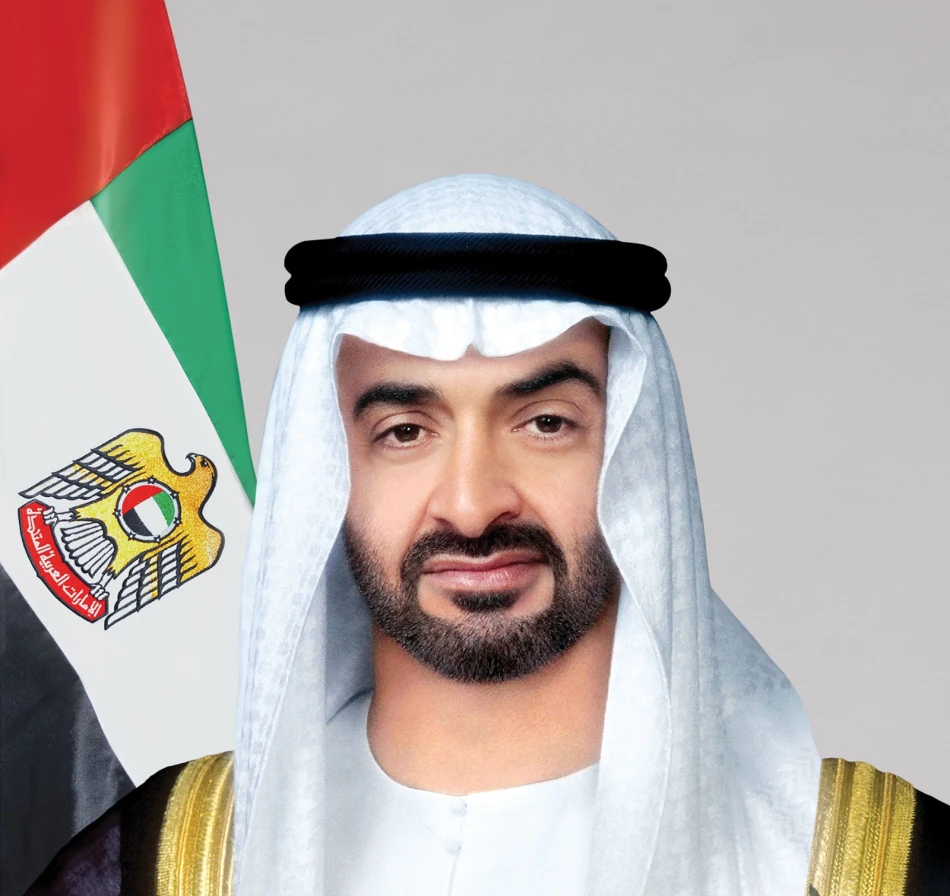
Crown Prince Sheikh Mohammed bin Zayed: Education at the Heart of UAE's Development Vision
UAE President Positions Education as Cornerstone of National Development Strategy
UAE President Sheikh Mohammed bin Zayed Al Nahyan has reinforced education's central role in the nation's long-term economic vision, delivering a message that signals the Emirates' continued commitment to human capital development as its primary competitive advantage in the post-oil era.
Strategic Vision Behind the Presidential Message
In his official statement marking the new academic year, Sheikh Mohammed bin Zayed emphasized that "education is the foundation of our developmental vision and our qualified human resources are our bet for achieving the better future we aspire to." This messaging aligns with the UAE's broader economic diversification strategy, which has seen the country invest heavily in knowledge-based industries and innovation hubs.
The President's focus on collaboration between families and schools reflects a recognition that educational success requires systemic coordination—a lesson learned from leading education systems in Singapore and Finland, where parental engagement correlates strongly with academic outcomes.
Economic Implications of Educational Investment
Human Capital as National Currency
The UAE's emphasis on education represents a calculated economic strategy. With oil revenues contributing a declining share of GDP—now around 30% compared to over 50% in the 1990s—the Emirates has positioned itself as a regional hub for finance, technology, and logistics. This transition requires a workforce capable of competing in high-value sectors.
The President's reference to "qualified human resources" as the nation's primary asset echoes similar strategies employed by resource-rich nations like Norway and Canada, which have successfully diversified their economies through education-led development.
Regional Competitive Dynamics
This educational focus comes as Gulf states intensify competition for regional economic leadership. Saudi Arabia's Vision 2030 and Qatar's National Vision 2030 both prioritize education and human development. The UAE's consistent messaging on education suggests recognition that sustainable competitive advantage will come from intellectual capital rather than natural resources.
Cultural Integration Strategy
The President's emphasis on "good character and pride in national identity" alongside academic achievement reflects a deliberate balancing act. As the UAE attracts international talent and maintains its position as a global business hub, preserving cultural identity becomes both a social imperative and an economic differentiator.
This approach mirrors Singapore's successful model of maintaining cultural distinctiveness while pursuing aggressive economic modernization—a strategy that has helped the city-state maintain social cohesion during rapid development.
Market Implications
For investors and businesses, the UAE's continued emphasis on education signals several trends. The private education sector, already valued at over $3 billion, is likely to see sustained government support and regulatory frameworks that encourage quality improvements. Technology companies focusing on educational solutions may find the UAE an increasingly attractive market.
The focus on human capital development also suggests that businesses requiring skilled labor will continue to find the UAE a favorable operating environment, supporting the country's positioning as a regional headquarters destination for multinational corporations.
Most Viewed News

 Sara Khaled
Sara Khaled






